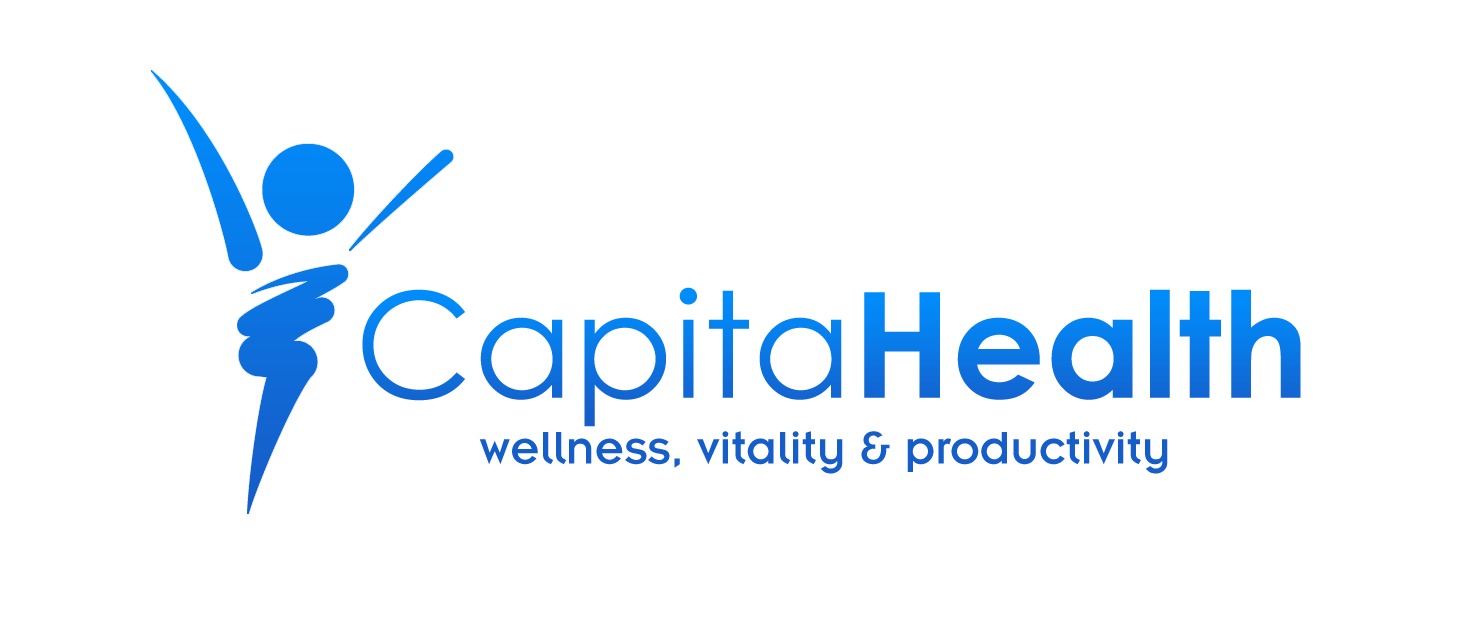The Role of Speech and Language Therapy in Helping Stroke Patients Regain Communication Abilities in Nigeria

Stroke is a devastating medical condition that can have lasting effects on the body, including communication abilities. According to the World Health Organization (WHO), stroke is the second leading cause of death worldwide, and it is a major cause of disability. In Nigeria, stroke is a growing problem, and the impact on communication abilities can be particularly devastating. However, speech and language therapy can play a critical role in helping stroke patients regain communication abilities and improve their quality of life.
Understanding Stroke and Communication Disorders
Before we dive into the role of speech and language therapy in stroke recovery, it is important to understand what happens during a stroke and how it can impact communication abilities. A stroke occurs when blood flow to the brain is disrupted, which can cause brain cells to die. The type of stroke a person experiences can determine the communication difficulties they may face. For example, a person who has had an ischemic stroke (when a blood clot blocks a blood vessel in the brain) may experience aphasia, which is difficulty with language. On the other hand, a person who has had a hemorrhagic stroke (when a blood vessel in the brain bursts) may experience dysarthria, which is difficulty with speech.
Common communication disorders associated with stroke include aphasia, dysarthria, apraxia, and dysphagia. Aphasia is a language disorder that can impact a person’s ability to speak, understand, read, and write. Dysarthria is a motor speech disorder that can make it difficult to control the muscles used for speaking. Apraxia is a disorder that affects a person’s ability to plan and coordinate the movements needed for speech. Dysphagia is a swallowing disorder that can make it difficult to eat and drink safely.
Speech and Language Therapy in Nigeria
In Nigeria, speech and language therapy is an emerging field, and access to services can be limited. There is a shortage of trained speech and language therapists, and many people are not aware of the benefits of speech and language therapy for stroke recovery. However, there are a growing number of speech and language therapy programs and clinics in Nigeria, and efforts are being made to increase awareness and access to services.
One of the major challenges facing speech and language therapy in Nigeria is the lack of infrastructure and funding. Many hospitals and clinics do not have the necessary equipment or facilities to provide speech and language therapy services. In addition, there is a lack of government funding for speech and language therapy programs, which makes it difficult to train and retain qualified professionals.
The Role of Speech and Language Therapy in Helping Stroke Patients Regain Communication Abilities
Speech and language therapy can play a critical role in helping stroke patients regain communication abilities. Speech and language therapists use a variety of techniques to help stroke patients improve their communication abilities. These techniques may include:
Language therapy: This may involve working on vocabulary, grammar, comprehension, and other aspects of language to improve communication abilities.
Speech therapy: This may involve exercises to improve articulation, breath control, and other aspects of speech.
Cognitive therapy: This may involve working on memory, attention, and other cognitive skills that can impact communication abilities.
Swallowing therapy: This may involve exercises to improve swallowing abilities and prevent complications related to dysphagia.
The success of speech and language therapy for stroke recovery can depend on early intervention. The sooner a stroke patient begins speech and language therapy, the better the chances of improving communication abilities. In addition, stroke patients who receive speech and language therapy can experience significant improvements in their quality of life. For example, they may be able to communicate more effectively with family and friends, participate in social activities, and regain a sense of independence.
Success stories of stroke patients who have regained communication abilities through speech and language therapy are common.
If you’re looking for a speech therapist in Nigeria, consider contacting CapitaHealth. Our team of qualified speech and language therapists can provide personalized treatment plans to help your loved one improve their communication abilities and overall quality of life. Contact us today.
